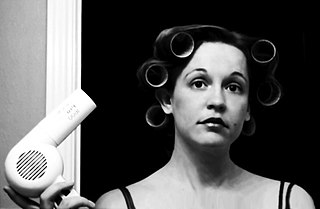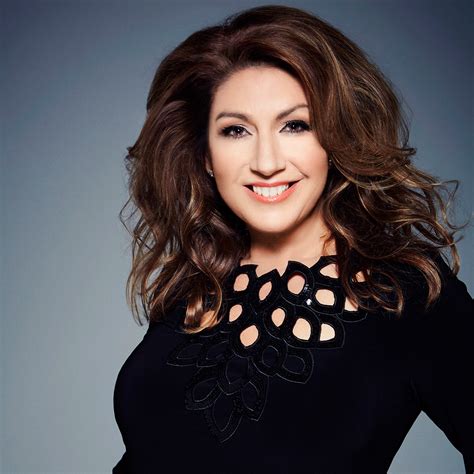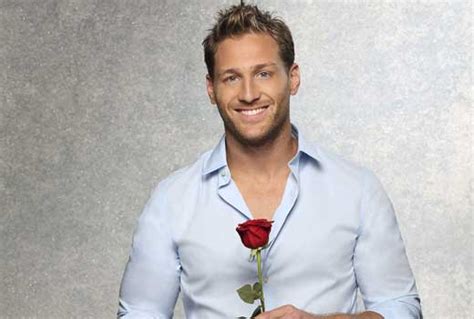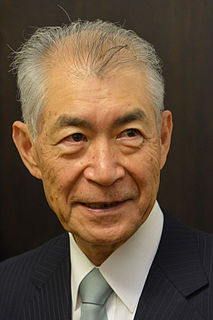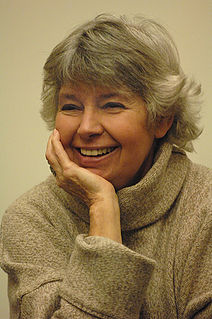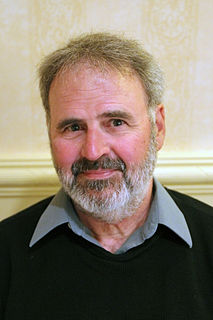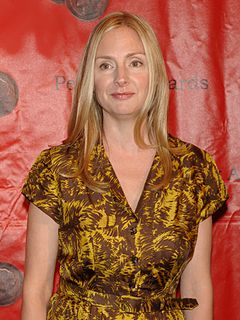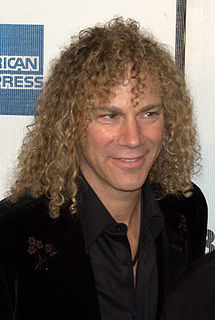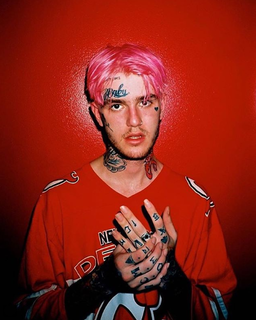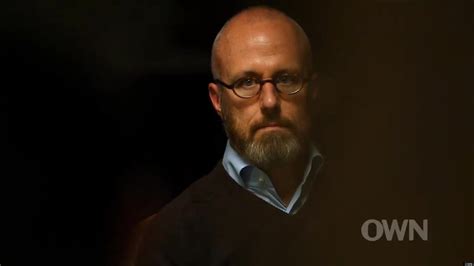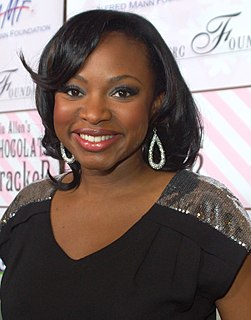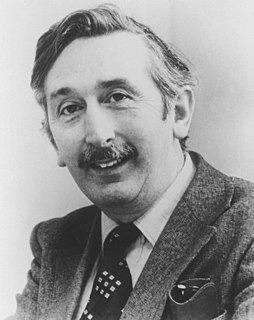Top 1200 Group Therapy Quotes & Sayings
Explore popular Group Therapy quotes.
Last updated on November 16, 2024.
There had been a head of the FDA (who later turned out to be a fraud) his name was Fishbein and he was rampantly opposed to any alternative therapy. He went after Hoxsey, the Hoxsey therapy back in the 1940's and 50's, and destroyed Hoxsey. But not before Hoxsey sued the AMA and Fishbein and [proved] that the therapy actually worked. But it didn't help him because they closed him down anyhow
The cognitive therapy that takes place in the film Antichrist is a form of therapy that I have used for some time, and it has to do with confronting your fears. I would say that especially the part of the film that has to do with therapy is humoristic because people who know about this form of therapy would know that the character is more than a fool.
One reason patients are reluctant to work in a therapy group is they fear that things will go too far, that the powerful therapist or the collective group might coerce them to lose control--to say or think or feel things that will be catastrophic. The therapist can make the group feel safer by allowing each patient to set his or her limits and by emphasizing the patient's control over every interaction.
Now on to reparative therapy, I think counseling is a wonderful tool for anybody regardless of what struggle they bring to the table. I think we can all use a little bit of counseling on planet earth today. But when it comes to reparative therapy, the reason we have distanced ourselves from it is because some of the things that they employ and some of the messages that I've heard from reparative therapists with regards to what someone can expect once they get through that type of therapy.
Focusing-Oriented Art Therapy is a major contribution to art therapy literature and practice. Laury Rappaport introduces a contemplative method and philosophy grounded in the body's felt-sense of experience and its innate and largely unrecognized wisdom. This intellectually provocative, yet thoroughly practical text, establishes Rappaport as an emergent leader in the art therapy world and author of a book that every student and art therapist must read in order to appreciate the depth and breadth of our discipline.
I have my writing therapy. For me, writing and friends therapy is an internal journey where you go in deep, you reflect, you try to heal your inner child. But as an activist, there's the outward, going wide therapy, where you get to realize at a certain point that talking about yourself gets boring. And it's also unhealthy to be so much into yourself. At some point, you have got to be able to look at the issue and say, "It's not about you. It's about a culture, a people, a nation, a family."
To the best of my knowledge, every acute inpatient ward offers some inpatient group therapy experience. Indeed, the evidence supporting the efficacy of group therapy, and the prevailing sentiment of the mental health profession, are sufficiently strong that it would be difficult to defend the adequacy of the inpatient unit that attempted to operate without a small group program.



